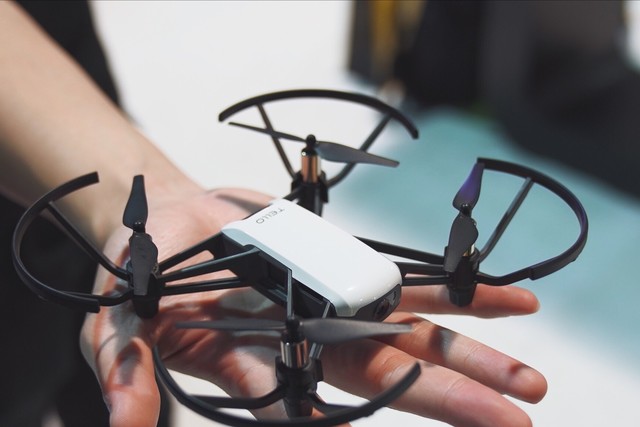Comprehensive Guide to Drone Pilot Training
Embarking on the journey to become a skilled drone pilot requires extensive and effective training programs that cater to various needs and expertise levels. With the growth in drone technology, many industries now recognize the value that drones offer, such as in aerial photography, agriculture, surveillance, and logistics.
The Importance of Proper Training
Drone pilot training is crucial for operating these sophisticated machines successfully and safely. Adequate training not only imparts necessary technical knowledge but also ensures pilots understand regulatory requirements, improve their flight skills, and become adept at handling unforeseen circumstances.
Course Structure and Content
Training providers offer a diverse range of courses that cover fundamentals such as aerodynamics, aviation law, meteorology, and remote sensing. These foundational topics are essential in understanding how drones operate and the compliance needed with aviation standards.
Advanced Training Opportunities
For those seeking to specialize in certain areas, advanced training modules delve into specific applications like thermal imaging for inspections, topographical mapping, and drone programming. These courses are tailored to equip pilots with specialized skills, enhancing their professional opportunities.
Simulation-Based Learning
Simulation plays a pivotal role in drone pilot training, allowing users to practice in realistic scenarios without the risks associated with actual flight operation. This immersive experience fosters confidence and skill development before transitioning to live operations.
Regulatory Understanding and Compliance

An integral part of drone pilot training is acquiring knowledge of the regulatory framework. Pilots must be aware of the necessary certifications such as Part 107 certification in the United States, which delineates operational guidelines for commercial drone activities.
The training programs guide pilots through the certification process, ensuring that they understand airspace restrictions, privacy laws, and safety protocols.
Benefits of Comprehensive Training Programs
A comprehensive drone pilot training program benefits operators by increasing operational efficiency, reducing risks, and enhancing the quality of drone operations. Moreover, thoroughly trained pilots are more likely to innovate within their fields, using drones to explore new solutions.
Common Challenges in Drone Training
It is not uncommon for aspiring pilots to face challenges such as grasping complex technological concepts or understanding intricate regulatory mandates. Providers address these challenges by offering support and additional resources, paving the way for success.
FAQs
Q: What is the duration of a typical drone pilot training program?
A: The duration can vary significantly depending on the course type and depth. Basic courses might span a few days, while comprehensive programs could extend to several weeks or months.
Q: Is certification necessary to fly drones professionally?
A: Yes, obtaining relevant certifications like Part 107 is essential for commercial drone operations as it ensures compliance with national aviation regulations.
Q: Can drone pilot training be done online?
A: Indeed, many providers offer online training modules, allowing flexibility in learning. However, practical sessions might still be necessary to gain hands-on experience.